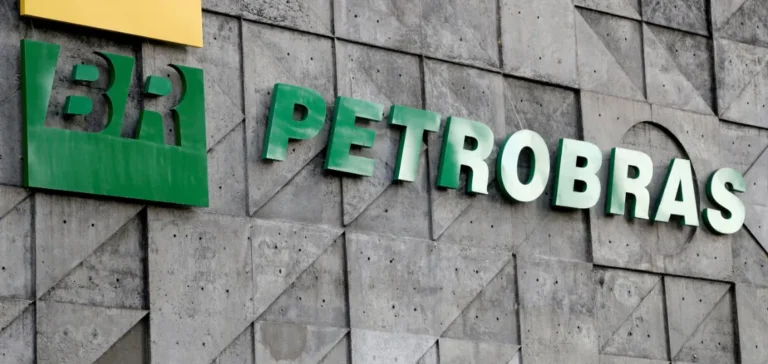A partnership between the transport company Transpetro, the oil company Petrobras and the government of the state of Amapá will result in the creation of a new oil industrial complex in northern Brazil. The announcement was made during the OTC Brasil 2025 conference in Rio de Janeiro, marking a strategic move for the exploration of hydrocarbon resources along Brazil’s Equatorial Margin.
Logistical deployment between Macapá and Santana
The logistics base will be installed between the cities of Macapá and Santana, a region near Petrobras’s ongoing drilling operations in the Amazon River estuary. Three wells are expected to be drilled within the next five months, requiring infrastructure capable of supporting drilling and fuel transport operations. Transpetro, a Petrobras subsidiary, will handle the logistics and transportation of oil, gas, biofuels and derivatives.
Job creation and regional economic impact
According to estimates from the local government, the project could generate several hundred direct and indirect jobs. In addition to building the infrastructure, further development is planned in logistics services and professional training, supporting the emergence of a regional economy based on the sector.
The complex is also expected to drive the growth of local small and medium-sized enterprises, which will provide services to the production chain. The government of Amapá is relying on this momentum to strengthen the state’s role as a nationally important logistics and energy hub.
Tax incentives and increased competitiveness
To attract investment, the government of Amapá has announced the adoption of the Repetro regime, offering tax exemptions on imported equipment for oil exploration. This regime reduces operating costs and aligns the region with international tax standards in the sector.
The initiative is aimed at enhancing the state’s competitiveness compared to other Brazilian regions, while also encouraging the establishment of logistics support, maintenance and engineering firms.
Preliminary environmental studies and tighter controls
Transpetro has launched technical and environmental studies in coordination with regulatory authorities, a prerequisite before construction begins. Real-time monitoring technologies will be deployed to track emissions, waste and operational safety.
Commitments have also been made for the restoration of degraded areas and the implementation of environmental education programmes. These measures aim to ensure compliance with existing standards and secure operations in the designated area.
Technical training and local social inclusion
The plan also includes technical training programmes, in partnership with higher education and vocational institutions. The objective is to train local workers to meet the labour demand in the oil sector.
Training will be provided in mechanics, electricity, occupational safety and logistics, with support from the companies involved in the project. Internship and trainee programmes for university students will also be introduced.






















